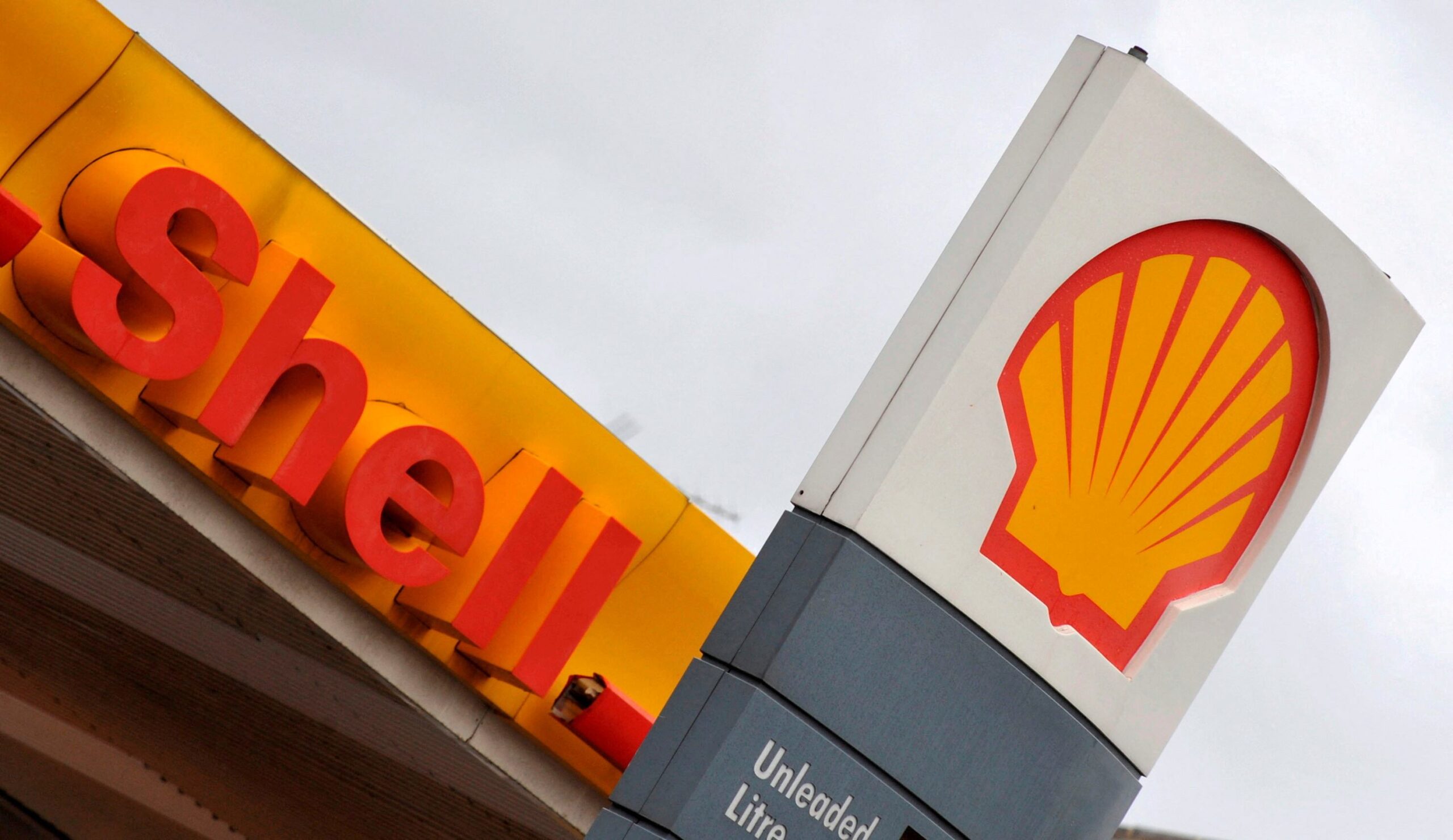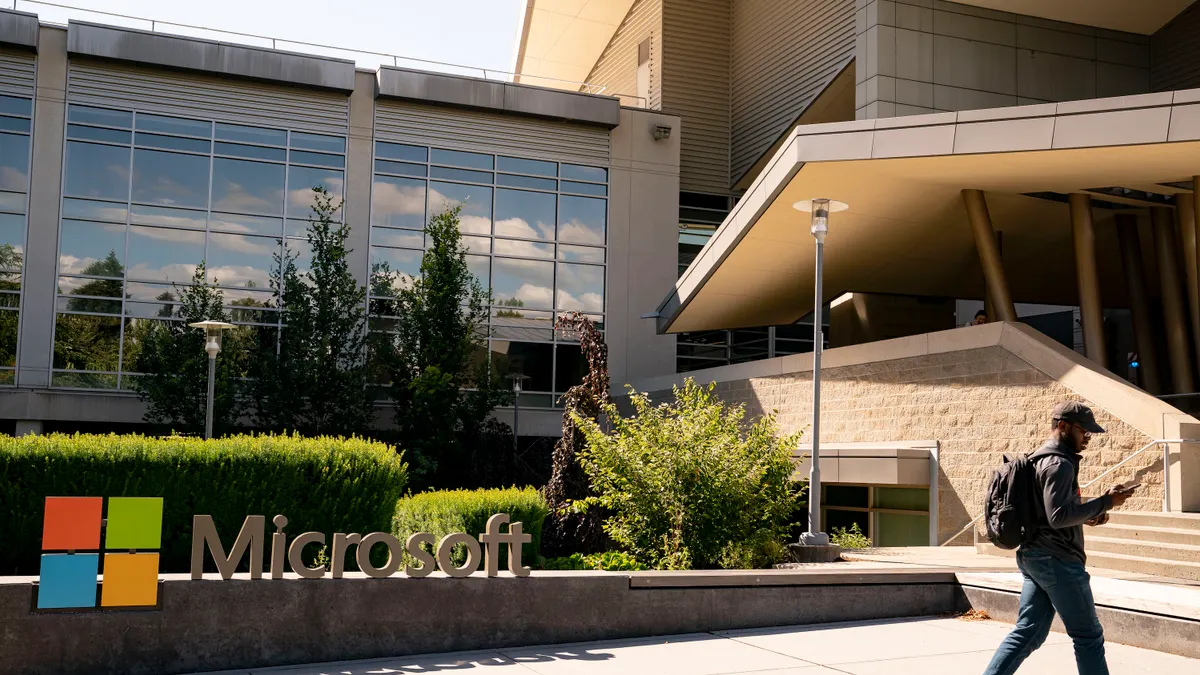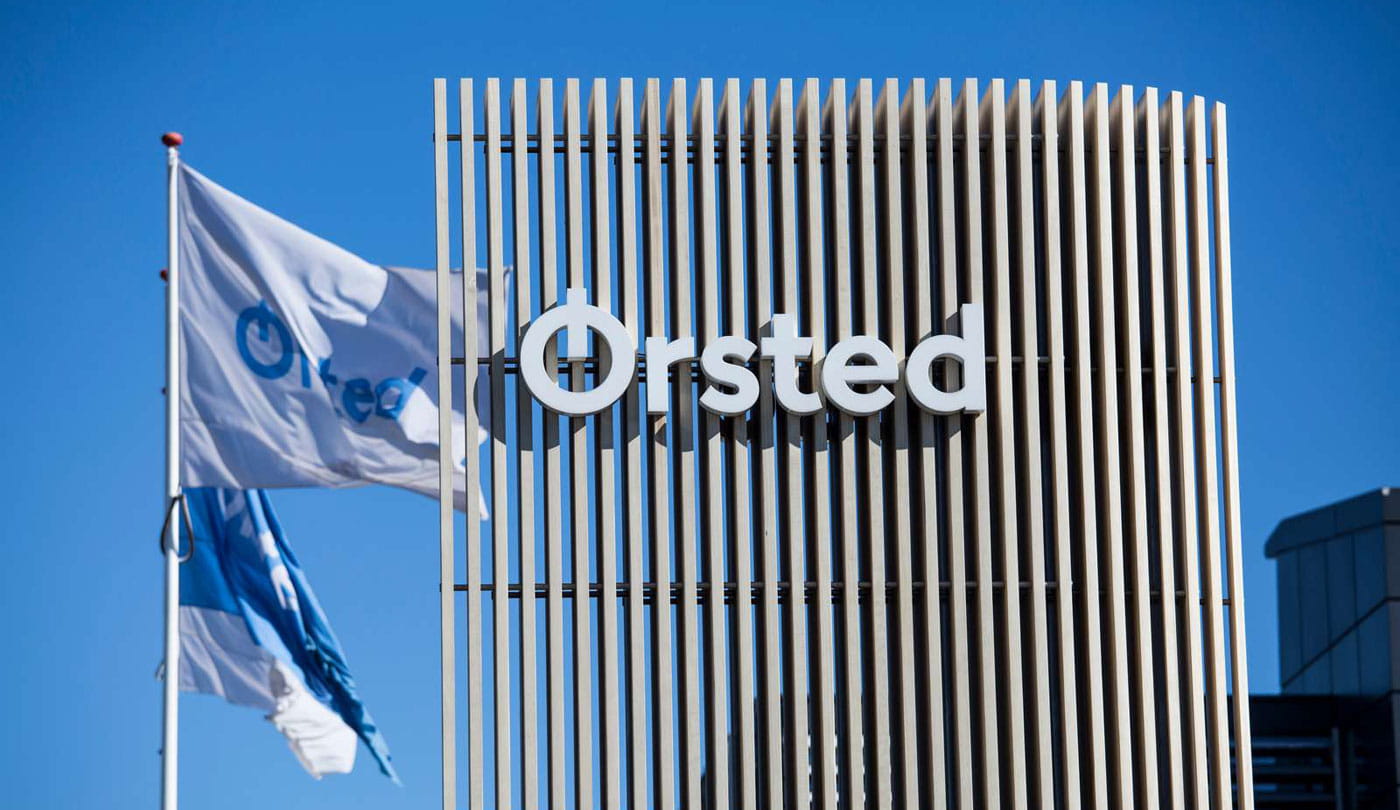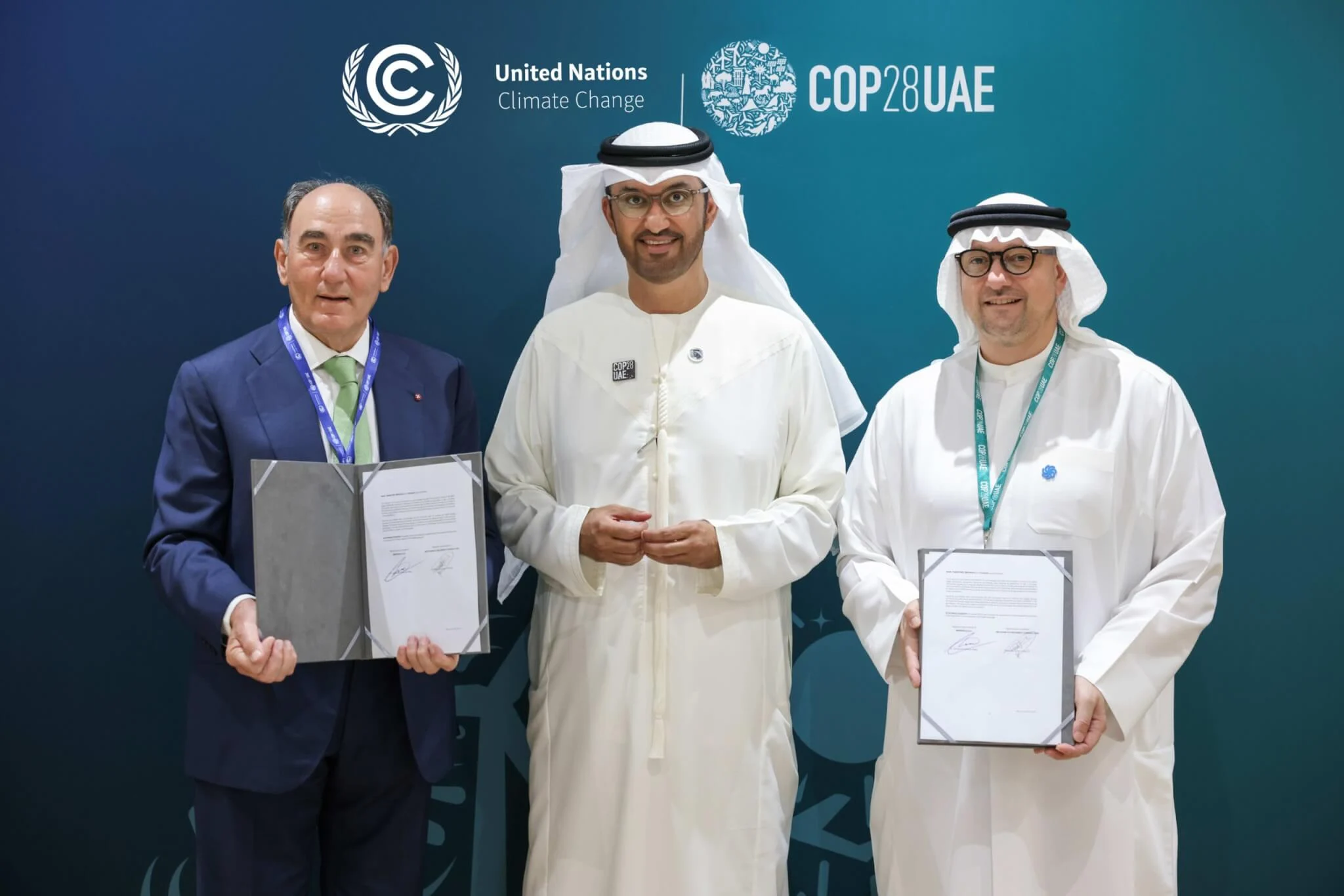Barclays Reimagines Cambridge Space to Fuel Climate Tech Innovation
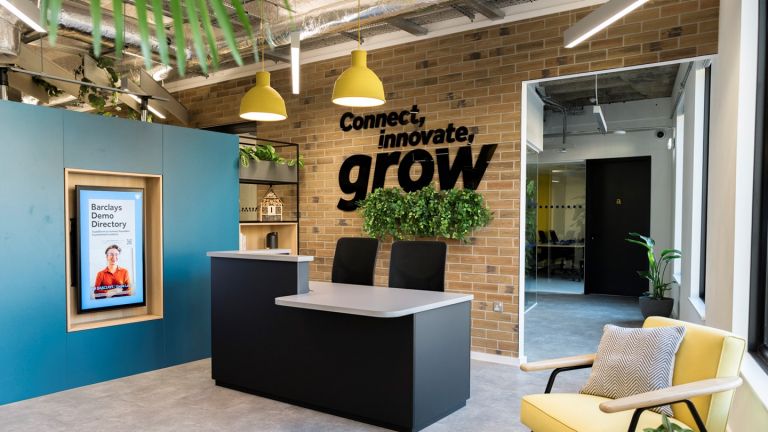
|
Listen to this story:
|
- Barclays reopens Cambridge Eagle Lab as a dedicated space to support and scale high-growth climate tech businesses
- The Eagle Lab has been retrofitted with a range of carbon reduction technologies, which aim to reduce carbon emissions from the building by 90 per cent compared to 2018
- Barclays sourced several businesses for the retrofit from within its existing climate tech ecosystem, including Naked Energy and SaveMoneyCutCarbon from the Unreasonable Impact programme, and Zedify from its Sustainable Impact Capital portfolio
- The space will serve as a centre of excellence for startups looking to deliver innovative solutions to help mitigate climate change and adapt to its impacts
Barclays has relaunched its Cambridge Eagle Lab with a renewed focus on helping high growth climate tech startups to connect, grow and scale. The site has undergone a significant retrofit, with the goal of reducing its carbon emissions by 90 per cent compared to 2018.
The newly-designed space features increased desk capacity for up to 130 people, and a 75 per cent increase in collaboration space allowing a more flexible layout for meetings, events, and networking. It also features a dedicated area to showcase the climate tech technologies and businesses that Barclays is supporting through its partnerships, Unreasonable Impact, Bridge programmes, and Sustainable Impact Capital investments.
Barclays is uniquely positioned to help clients on the path to net zero and is focused on investing in the climate tech needed by society to transition, while also generating economic growth and creating a new wave of green jobs. The relaunch follows Barclays’ recent partnership announcement with Carbon 13, a Cambridge-based venture builder, to provide over 100 startups with support and mentoring to help tackle the challenges the globe faces on the road to net zero.
A centre of excellence for climate tech
The International Energy Agency has estimated that 35 per cent of emission reductions needed by 2050 will come from new technologies currently not on the market1. Support for new businesses is therefore vital, and climate tech businesses can also get involved in a number of dedicated pre-seed and bridge programmes, run by Barclays and leading industry partners:
- Carbon 13 Venture Launchpad: a virtual 20-week virtual programme to help pre-seed and early-stage businesses launch scalable solutions to climate related issues.
- Bridge programmes: A series of industry bridge programmes, in collaboration with Codebase, designed to connect leading corporations with startups to share knowledge and strategic thinking:
- Sustainability Bridge Programme: funded by Government (as part of the Digital Growth Grant) and focused on sustainable transport
- Energy Transition Programme: Funded by Opportunity North East and focused on how innovation can help deliver the Energy Transition
- Rise Start-Up Academy: a 10-week digital-first programme to equip early-stage founders with skills and tools to help them get fit for market. A dedicated Climate FinTech edition will launch later this year to support companies developing exciting solutions to help the world transition to net zero.
A retrofit to reduce carbon footprint
As part of Barclays’ ambition to achieve net zero operations by 2050, the Cambridge Eagle Lab has been retrofitted to improve energy efficiency, in partnership with companies from its Sustainable Impact Capital portfolio and Unreasonable Impact programme, such as SaveMoneyCutCarbon, who consulted on the plans.
Related Article: First Movers Coalition Drives $16B Demand for Climate Tech with 120 Commitments
Reaching net zero means finding low-carbon ways of doing necessary activities – including electricity generation, transport, and heating. Upgrades to the building include:
- Solar panels by Naked Energy, a hybrid solar technology that generates both heat and power, resulting in a higher energy density than alternative solar technologies
- Energy efficient double-glazed windows with solar control to prevent overheating, as well as roof and cavity wall insulation, and water reduction technologies
- A smart heating, ventilation, and air conditioning system, powered by the site’s renewable energy sources, to help improve regulation of the building’s temperature
- Automatic lighting and window-blind controls have been fitted, to optimise the level and quality of light, while also improving energy consumption.
Nick Stace, Head of Sustainability, Barclays UK, said: “We’re excited to be reopening the doors to our Eagle Lab in Cambridge with a renewed focus as a centre of excellence for climate tech start-ups. We want to play a leading role in supporting climate tech and sustainability-focused businesses, by giving them the tools to help them connect, grow and scale. It was crucial that the retrofit and internal redesign of the building accurately reflected the ethos of the businesses that will use it and we expect it to provide significant energy efficiency improvements, allowing us to take an important step forward in reducing our own operational emissions.
“We know that startups need more than just a space, which is why we’re also supporting businesses through our climate tech accelerator programmes from the Cambridge Eagle Lab. We hope this package of support enables businesses to scale at pace and tackle some of today’s most pressing climate tech challenges.”

